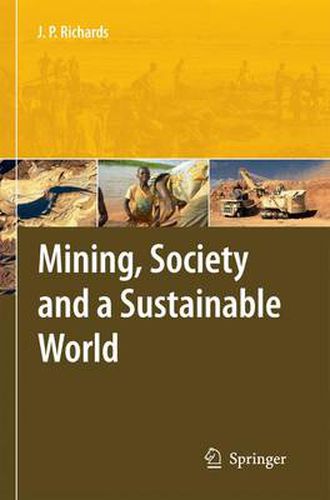Readings Newsletter
Become a Readings Member to make your shopping experience even easier.
Sign in or sign up for free!
You’re not far away from qualifying for FREE standard shipping within Australia
You’ve qualified for FREE standard shipping within Australia
The cart is loading…






This title is printed to order. This book may have been self-published. If so, we cannot guarantee the quality of the content. In the main most books will have gone through the editing process however some may not. We therefore suggest that you be aware of this before ordering this book. If in doubt check either the author or publisher’s details as we are unable to accept any returns unless they are faulty. Please contact us if you have any questions.
I sit on a man’s back, choking him and making him carry me, and yet assure myself and others that I am very sorry for him and wish to ease his lot by all possible means - except by getting off his back. Leo Tolstoy - Writings on Civil Disobe- ence and Non-Violence (1886). In today’s world where sustainable development has become a critical security concept for the well-being of the environment and society, the man Tolstoy depicts might well be interchangeable for either the planet in terms of its carrying-capacity or its bene?ciary, society. While it is arguable that mining is neither inherently sustainable nor unsusta- able (O'Faircheallaigh, this volume), exploration, production, and consumption of non-renewable resources over time makes the industry ultimately unsustainable if it results in negative socio-economic impact (Waye et al., this volume). This inva- ably leads to de?nitions of sustainability in terms of the ?nancial bene?ts that can accrue from transforming natural capital into human capital, theoretically creating intergenerational bene?ts (ibid.). Such a de?nition of sustainability is inherently utilitarian, assuming the English political philosopher Jeremy Bentham’s sugg- tion that human nature avoids pain for the pursuit of pleasure, and that legislators should therefore base decisions on the greatest happiness for the greatest number of people (Bentham 1996).
$9.00 standard shipping within Australia
FREE standard shipping within Australia for orders over $100.00
Express & International shipping calculated at checkout
This title is printed to order. This book may have been self-published. If so, we cannot guarantee the quality of the content. In the main most books will have gone through the editing process however some may not. We therefore suggest that you be aware of this before ordering this book. If in doubt check either the author or publisher’s details as we are unable to accept any returns unless they are faulty. Please contact us if you have any questions.
I sit on a man’s back, choking him and making him carry me, and yet assure myself and others that I am very sorry for him and wish to ease his lot by all possible means - except by getting off his back. Leo Tolstoy - Writings on Civil Disobe- ence and Non-Violence (1886). In today’s world where sustainable development has become a critical security concept for the well-being of the environment and society, the man Tolstoy depicts might well be interchangeable for either the planet in terms of its carrying-capacity or its bene?ciary, society. While it is arguable that mining is neither inherently sustainable nor unsusta- able (O'Faircheallaigh, this volume), exploration, production, and consumption of non-renewable resources over time makes the industry ultimately unsustainable if it results in negative socio-economic impact (Waye et al., this volume). This inva- ably leads to de?nitions of sustainability in terms of the ?nancial bene?ts that can accrue from transforming natural capital into human capital, theoretically creating intergenerational bene?ts (ibid.). Such a de?nition of sustainability is inherently utilitarian, assuming the English political philosopher Jeremy Bentham’s sugg- tion that human nature avoids pain for the pursuit of pleasure, and that legislators should therefore base decisions on the greatest happiness for the greatest number of people (Bentham 1996).